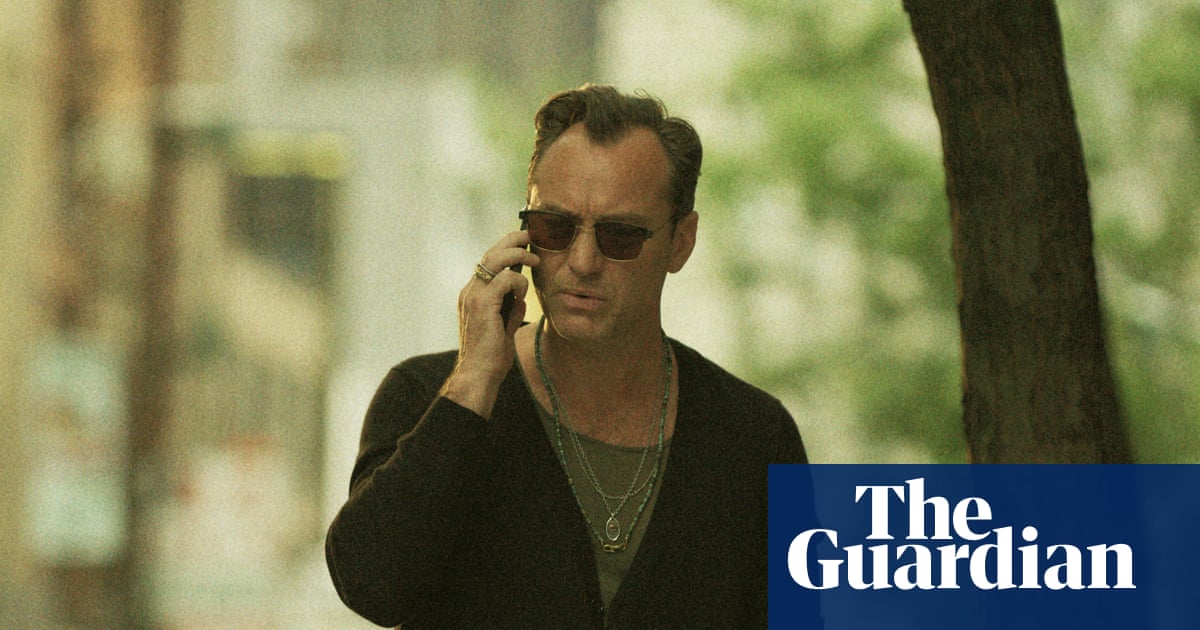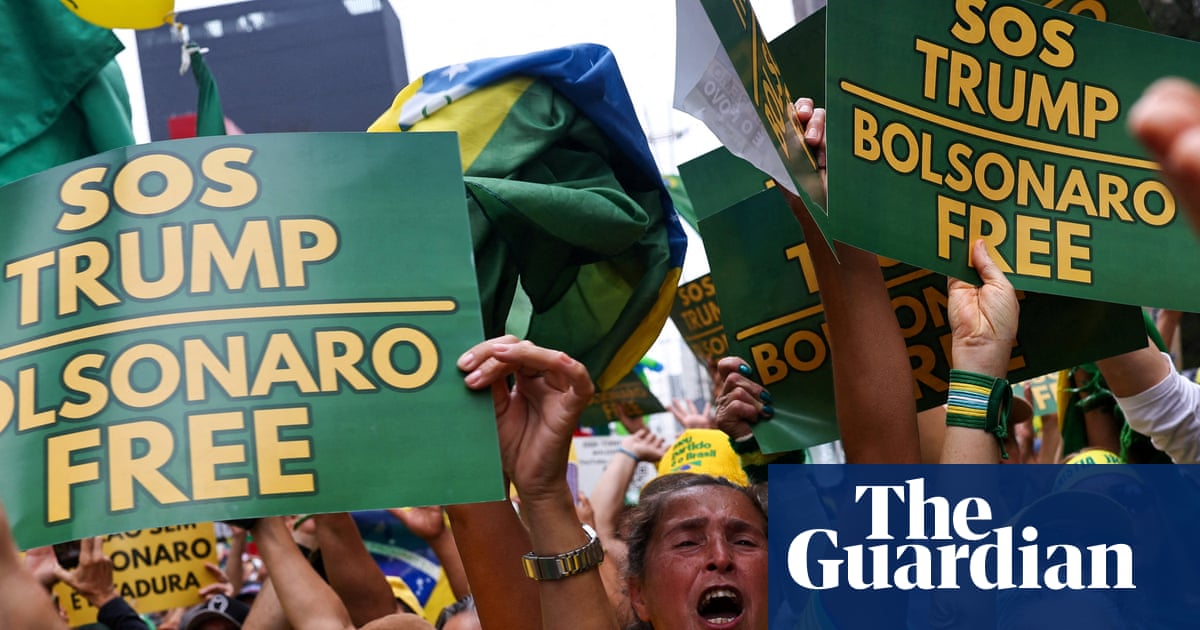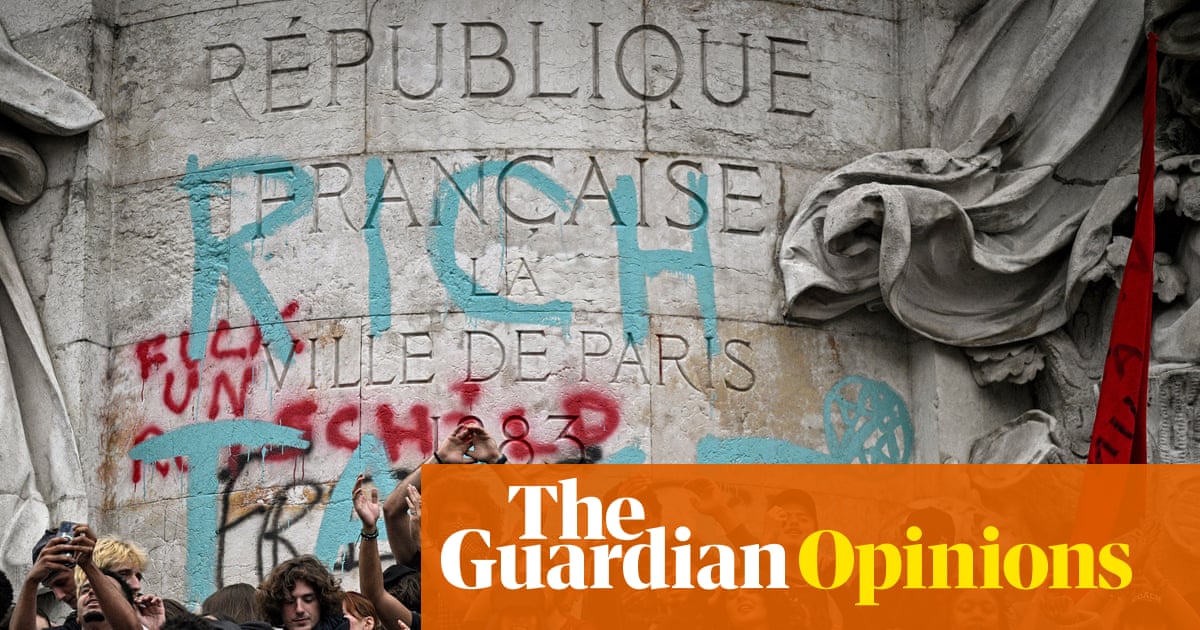From the legend of the Romans’ salting of the fields of Carthage, to Iraq’s burning of Kuwait’s oilfields, to Israel’s bulldozing of Palestinian olive groves, wanton acts of environmental destruction have long been a military tactic.
But while armies and their leaders have been held to account for the human victims of their violence, the natural world has been a silent victim, often overlooked and disregarded, even when its destruction has had a material impact on the lives of the people it supports.
In recent years, however, a global campaign has been running to recognise “ecocide” – an act of violence which is to nature as genocide is to people – as a crime under international law.
What is ecocide?
The concept of ecocide dates back to the 1970s, when it was first used by a biologist, Arthur Galston, to describe the mass deforestation caused by the use of Agent Orange by US forces during the Vietnam war.
It was raised as a concept at several environment summits in the ensuing decades, until gradually falling into obscurity until the 2000s, when a pioneering barrister, the late Polly Higgins, revived it.
When Higgins rebooted the campaign for the criminalisation of ecocide, she defined it as “the extensive damage to, destruction of or loss of ecosystem(s) of a given territory, whether by human agency or by other causes, to such an extent that peaceful enjoyment by the inhabitants of that territory has been or will be severely diminished”.
The Rome Statute is the treaty which established the international criminal court (ICC) and laid out four international crimes: genocide, crimes against humanity, war crimes and the crime of aggression. Campaigners would like to see ecocide listed as a fifth crime against peace, targeting the very worst harms to the environment, usually on an industrial scale or over a large area, and making key decision-makers accountable.
Is ecocide not already a crime?
Actually, yes, it is – at least in the context of war – according to a rather obscure sub-clause of the Rome statute. Article 8(2)(b)(iv) of the ICC’s Rome Statute stipulates as a war crime, within the context of an international armed conflict, the act of: “Intentionally launching an attack in the knowledge that such attack will cause […] widespread, long-term and severe damage to the natural environment which would be clearly excessive in relation to the concrete and direct overall military advantage anticipated”.
However, no charges under the provision have ever been filed. Experts suggest that is because the article sets a high threshold, requiring that such an attack on the environment must be “intentional”, and that the damage must be “widespread, long term and severe”, as well as “clearly excessive”.
How will making ecocide a separate crime against peace help?
The proposal seeks to lower the threshold to ‘unlawful or wanton acts committed with knowledge that there is a substantial likelihood of severe and either widespread or long-term damage to the environment being caused by those acts’.
This would apply most importantly outside the context of armed conflict, with corporations and states potentially held liable for their roles in environmental destruction no matter the circumstances.
But it would also help during armed conflict, according to Jojo Mehta, chief executive of Stop Ecocide International, who says it would “create a clear tool for justiciability in wartime”.
What would the legal process be?
Cases under the Rome statute are heard by the ICC in The Hague, the same court that heard South Africa’s genocide case against Israel, either via a case brought by the UN security council, or because states or even private individuals have petitioned the court’s prosecutor to begin an investigation.
However, the ICC is intended only as a course of last resort, so any states or organisations wanting to bring cases before it would first have to exhaust all domestic opportunities to bring cases. This is what is under way in Ukraine, where the state prosecutors are using the country’s own domestic courts to seek justice for the immense environmental damage caused to the country since it was invaded by Russia.
Is it likely to happen and what are the obstacles?
Ecocide was very nearly included in the Rome statute at its inception in the 1990s; its current revival, says Mehta, is very much down to the efforts of Ukraine since Russia’s invasion three years ago.
Around the same time, Stop Ecocide International came up with its own international definition that has become an inspiration for a host of countries introducing their own laws at a national level. “There are dozens of countries talking about this, and there are, I think, probably nine or 10 proposals around the world that are in progress in individual jurisdictions, [and] there are one or two that were already in place, like in Belgium and in France.”
Meanwhile, the EU recently passed an environmental directive which, while it only mentions ecocide in its preamble, provides strong protections that member states will have to harmonise with their own laws.
The key obstacle, Mehta says, is public understanding.
Which countries support and oppose it?
“I think about two or three years ago, we passed the point where any government wants to be seen publicly objecting to this law, because they will just look crap,” Mehta said. Instead, what is more likely is that some states would try to sidestep the introduction of such a law, either with weaker versions or by claiming there is already enough legislation on the books.
The countries that have most strongly supported the introduction of the law are those that are most affected by environmental destruction. They include: Ukraine, reeling from its war with Russia; Vanuatu, Fiji and Samoa, which are struggling with sea-level rises; and the Democratic Republic of the Congo, which has been outspoken over biodiversity.

 3 months ago
77
3 months ago
77

















































